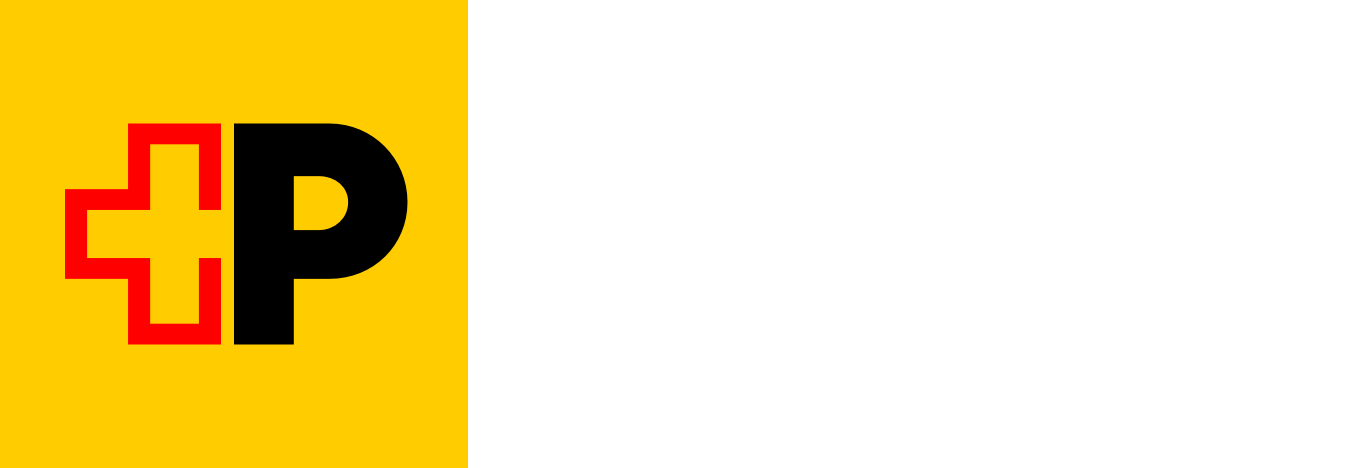Main section
Electronic signatures in a legal setting
Contracts, non-disclosure agreements and powers of attorney: countless documents need signing in a legal setting. Handwritten signatures slow down this process. SwissSign’s electronic signature solution has the answer: with the qualified electronic signature, documents can be signed entirely digitally and still have legal validity (under ESigA, Art. 14(2) bis Swiss Code of Obligations). More about this topic and about SwissSign’s offer.
Justitia 4.0: Digitalising the judicial system
The goal of the "Justitia 4.0" project is to reduce the mountains of paper in the Swiss judicial system. The project is working towards a judicial system that is digitalised, but still secure.
Paper files are set to be replaced by electronic ones, while electronic communication between parties to legal proceedings and judicial authorities will be encouraged. The purpose of the "Justitia.Swiss" platform here is to facilitate electronic legal correspondence and the viewing of records. The e-justice record (eJustizakte) application enables the efficient management, editing and transfer of electronic records.
These developments also require digitalisation of the upstream processes. Handwritten signatures, for example, no longer meet this standard. The solution: qualified electronic signatures.
Qualified electronic signature (QES)
The qualified electronic signature is the highest signature standard. The QES is equivalent to a handwritten signature (Article 14 (2)bis of the Swiss Code of Obligations). It is required for documents subject to a legal requirement of form and with high exposure to liability.
Advantages of electronic signatures
-
Work more efficiently: You can design your processes to save time, eliminate paper and avoid media discontinuity. You digitalise your workflows.
-
Cut costs: You cut printing and mailing costs and need less time and fewer resources for the same tasks.
-
Increase security: A guarantee of authenticity and integrity. Signature generated by known sender and document not altered retroactively.
-
Paperless and environmentally friendly: You offer fully digital signatures and therefore improve your environmental impact sustainably and in the long term.
-
Equipped for the future: Increased efficiency of downstream processes. Option to expand to additional trustworthy, digital services.
The SwissSign solution
Legally valid signatures under eIDAS & ESigA
While the Swiss Federal Electronic Signatures Act (ESigA) and the "eIDAS" Regulation (Regulation on Electronic Identification, Authentication and Trust Services) both recognise a qualified electronic signature (QES), their requirements for it differ slightly. This means an ESigA-certified signature is only permitted and legally valid under Swiss law – and vice versa. An eIDAS-certified electronic signature is therefore a mandatory requirement for contracts with partners in the EU/EEA or under the law of an EU/EEA member state.
Guarantee of legal professional secrecy
There is not yet any conclusive answer as to whether electronic signatures that are not installed on premises conflict with legal professional secrecy. There have been differing evaluations of the matter.
We can say for sure, however, that SwissSign employees are subject to a non-disclosure agreement that explicitly refers to Art. 321 Swiss Criminal Code. If this is not sufficient, there is also an option for SwissSign to be bound to professional secrecy in connection with the rendered services as an auxiliary of the customer as defined by Art. 321 Swiss Criminal Code.
Secure transfer and storage of signed documents
Documents that have been or will be electronically signed also need to be transferred, stored and archived securely.
One suitable way of sending documents, for example, is IncaMail. It allows sensitive messages and documents to be sent from the user’s usual email environment or business software in compliance with data protection regulations. It also supports electronic registered mail.
The Swiss Federal Department of Justice and Police (EJPD) has recognised the IncaMail platform as a secure platform for service. In Switzerland, it may be used to transmit data digitally in official civil and criminal proceedings, as well as in debt enforcement and bankruptcy proceedings.
.jpg)


 Discover SwissID Sign
Discover SwissID Sign

.jpg)

